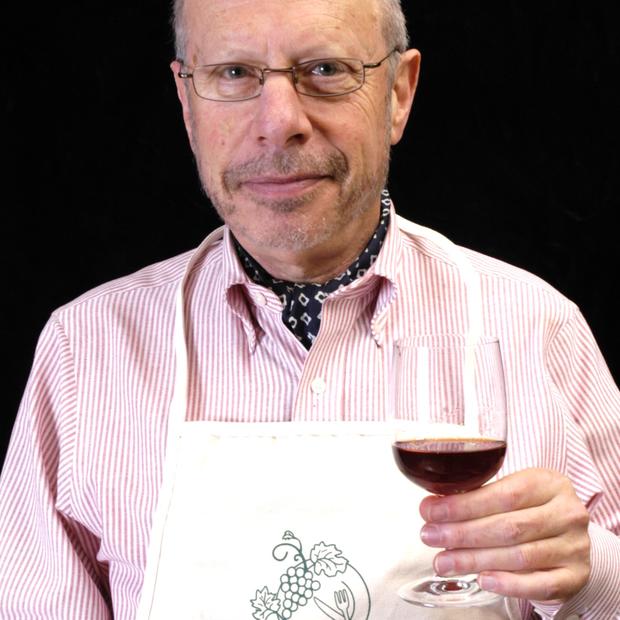You're going to start seeing patrols of gun-toting, black-uniformed guards along Seattle's First Avenue in coming days and nights. Not the likes of costumed, publicity-seeking "superhero" Phoenix Jones (who goes about unarmed) but employees of a privately owned security service called Central Protection.
This is in response to the fatal stabbing of 22-year-old Faustino Cervantes outside Tia Lou's lounge Oct. 26. A suspect in that crime was arrested several days later, thanks to identification made through Facebook. According to a Seattle Times report, one witness who saw the fight told police she didn’t know the attacker’s name but they had mutual acquaintances. She was reportedly able to find the man’s name by looking through her friends’ Facebook accounts.
Meantime, there's a new protection program for First Avenue between Battery and Lenora that comes from an initiative by Belltown club owners themselves.
Nightlife industry observers regularly complain about a lack of parking for patrons, except for the few establishments that provide a valet service. Here's a similar situation, with Belltown club and lounge owners complaining about a lack of police presence; and someone is in fact stepping up and providing security services.
As it happens, Central Protection is owned by Dino Stalina and Denis Kurdija, the proprietors of Sarajevo Lounge, a block north of Tia Lou's.
The Seattle Police Department said it has no problem with armed security guards in Belltown. SPD spokesman Sean Whitcomb told Q13, "You've got additional eyes and ears on the streets." No word yet on staffing levels or the hours of the Central Protection patrols.
On its Web site, the state Department of Licensing outlines the requirements for security guards to carry arms. One requirement is holding a firearms certificate from the Washington State Criminal Justice Training Commission.
Private security services themselves are nothing new, of course. Stadiums and arenas use them at sporting events and concerts; gated residential communities depend on them, the point being that a security service is hired by and works on behalf of a private property owner rather than the well-being of the general public. There are several dozen security services in the Seattle area, including national firms like Pinkerton and local outfits like Northwest Protective, in addition to "alarm" companies like ADT. But Central Protection appears to be the only one that specifically promotes armed guards.
Is this a logical response to a need that the police department seems unable to fulfill (despite Mayor Mike McGinn's enthusiastic promotion of Seattle nightlife)? Or is it the beginning of a sort of Wild West approach?


